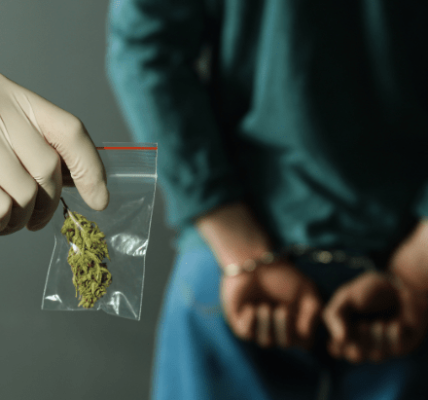 Cannabis Classification. Are we on our way to eliminating conflicts between state and federal law?
Cannabis Classification. Are we on our way to eliminating conflicts between state and federal law?
On April 4, 2016, the DEA announced plans to release a decision in mid – 2016 as to whether cannabis classification should be rescheduled from its current classification as a Schedule 1 drug.
Since 1970, cannabis has been classified along with drugs such as heroin and LSD as a Schedule I drug under the Controlled Substances Act. The Schedule 1 classification is reserved for drugs that contain no medical value and have a high potential for abuse. Drugs under Schedule 1 classification and considered the most dangerous drugs of all the drug schedules with potentially severe psychological or physical dependence.
Cannabis Classification as a Schedule 1 Substance
According to the DEA’s current website, marijuana/cannabis “Marijuana is a Schedule I substance under the Controlled Substances Act, meaning that it has a high potential for abuse, no currently accepted medical use in treatment in the United States, and a lack of accepted safety for use under medical supervision.”
When California passed laws relating to the use of medical cannabis, a conflict was created between federal and state law. Currently, because cannabis classification is as a Schedule 1 drug, physicians cannot “prescribe” medical marijuana/cannabis; patients instead have to obtain a “recommendation” from a physician confirming a chronic and/or serious medical condition that can only be relieved by the use of cannabis for medical purposes.
California allows the use of medical marijuana/cannabis for qualified patients with a recommendation from a doctor, but federal law still states that cannabis has no medical benefits.
The conflicts between state and federal law created many issues for both patients, cannabis providers and law enforcement relating to criminal offenses, penalties, banking issues and taxation.
Rescheduling cannabis classification will not legalize it on a federal level, but it will allow more opportunities for medical research and the reduction of criminal penalties associated with cannabis related offenses.
The banking industry should also be impacted if cannabis is rescheduled. As cannabis business operators are aware, banks have refused to allow cannabis businesses and collectives to have bank accounts based on federal regulations and laws. Rescheduling of cannabis classification is an important step toward the removal of cannabis prohibitions on a federal level.
(c) Medical Marijuana Attorney Blog – Read entire story here.



